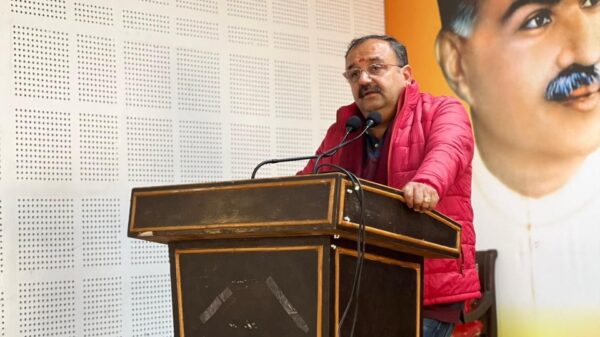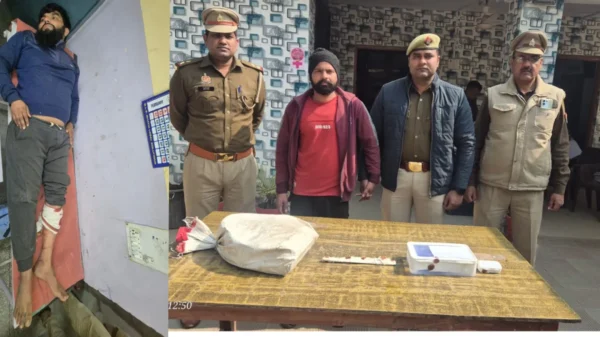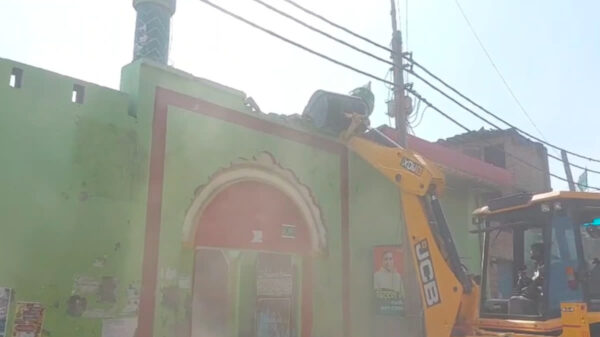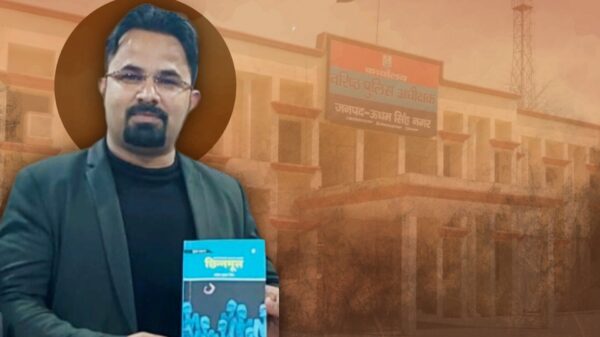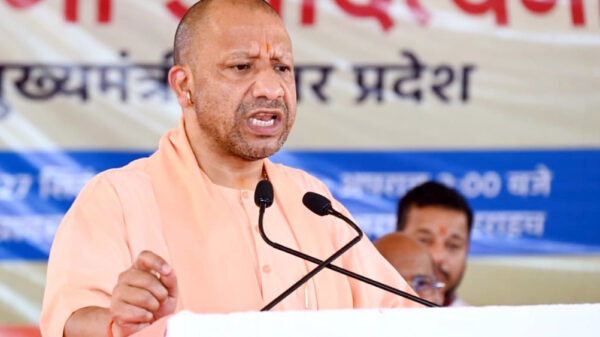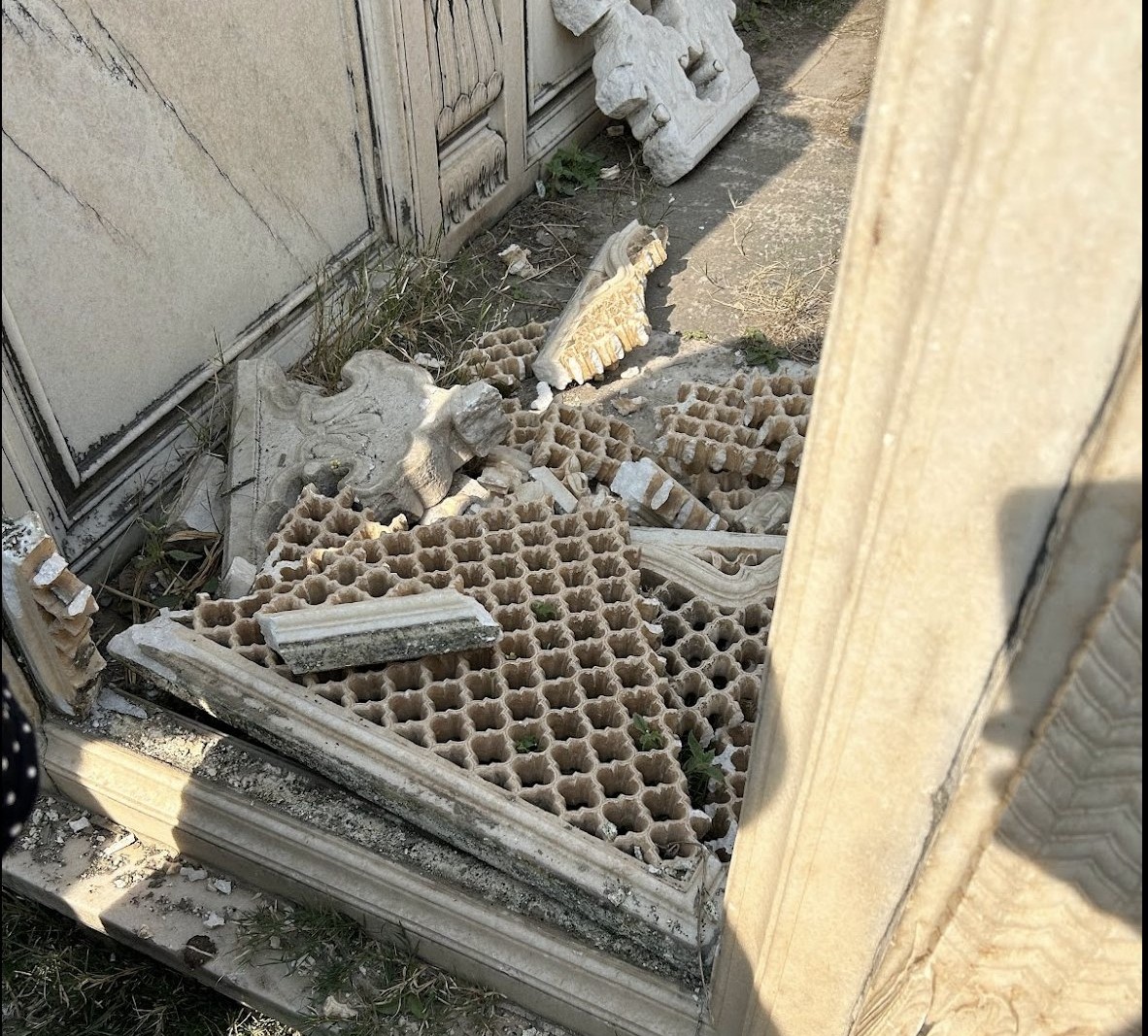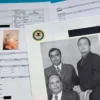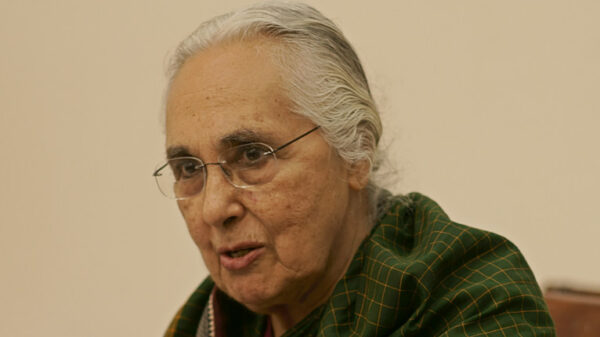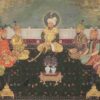Zafar Mahal, a historical monument in Delhi’s Mehrauli village, has been vandalized by unidentified miscreants, who damaged a part of the jaali (lattice screen) in front of the tombs of three Mughal emperors and Bahadur Shah Zafar’s empty tomb.
The incident was reported by Sunit Arora, a journalist, who visited the site and spoke to the guard. The guard informed him that the vandalism took place eight days ago, and no action has been taken by the authorities so far.
Zafar Mahal is considered the last monumental structure built by the Mughals as a summer palace during their fading years. The palace complex was built by Akbar Shah II in 1820 and was expanded by Bahadur Shah Zafar, the last Mughal emperor, in the 19th century.
The palace hosts a bazaar, a gathering hall, government and private chambers, decorative roofs, and a mausoleum. The palace also has a gateway, known as the Hathi Gate, which follows the Mughal architectural style with broad balconies and Bengali domes.
Zafar Mahal is an ASI-protected monument and is one of the last remnants of the architectural legacy of the Mughals in India. The palace is associated with the festival of Sair-e-Gul Faroshan, initiated by Bahadur Shah Zafar to honour the Sufi saint Khwaja Qutubuddin Bakhtiar Kaki, whose dargah is also located nearby.
The festival involves offering flowers and chadar (cloth) at the dargah along with a display of fireworks and cultural performances. The festival was revived in 1961 by the Anjuman Sair-e-Gul Faroshan, a non-governmental organisation, and is still celebrated yearly.
However, Zafar Mahal is in a state of neglect, due to a lack of maintenance and frequent vandalism. The jaali, which is now desecrated, was a fine example of the Pachin Kari (inlay work) technique.
The tombs of the Mughal emperors, including Akbar Shah II, Shah Alam II, and Mirza Fakruddin, also stand in a dilapidated condition inside the Mehrauli Archaeological Park.






